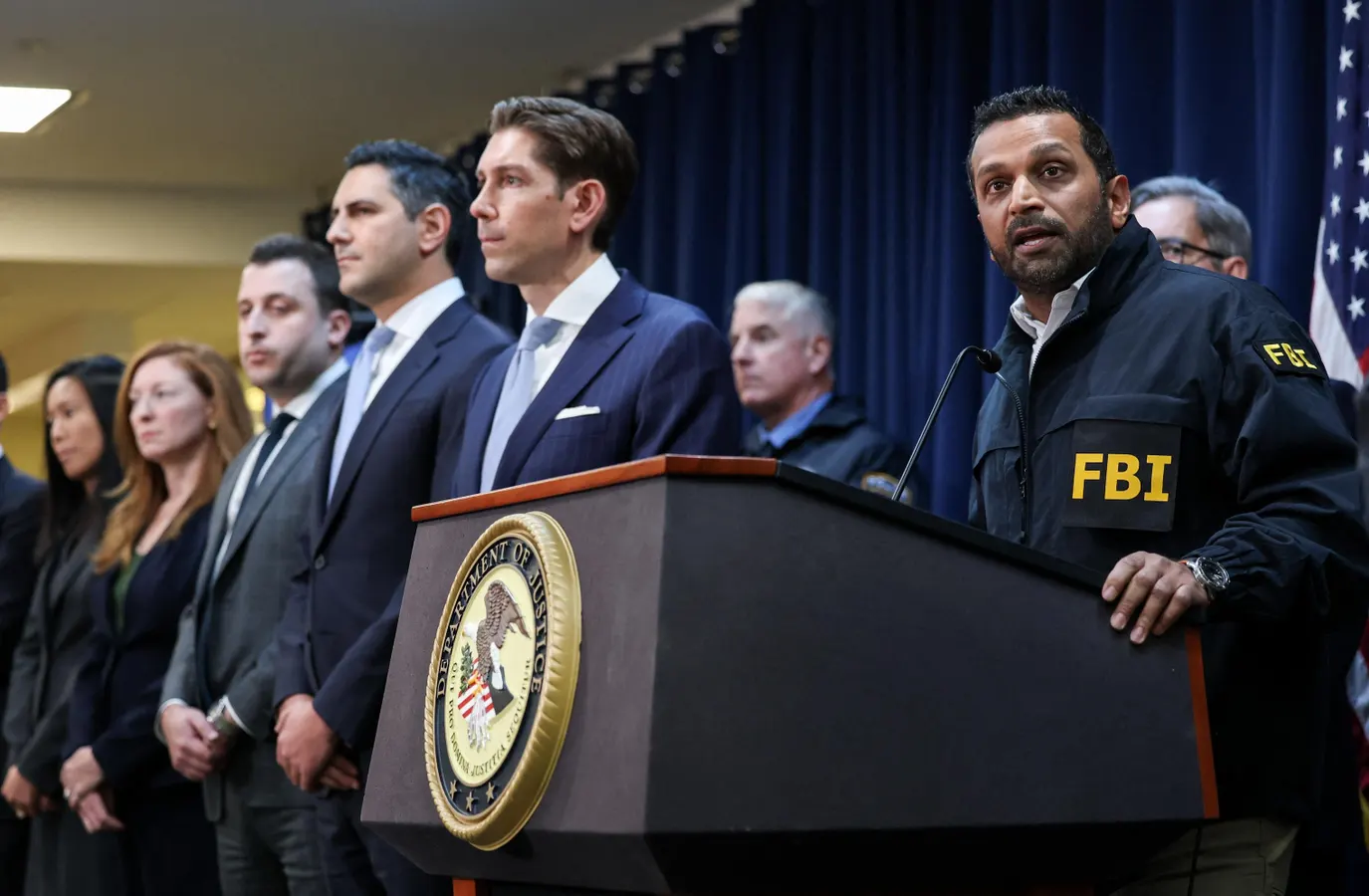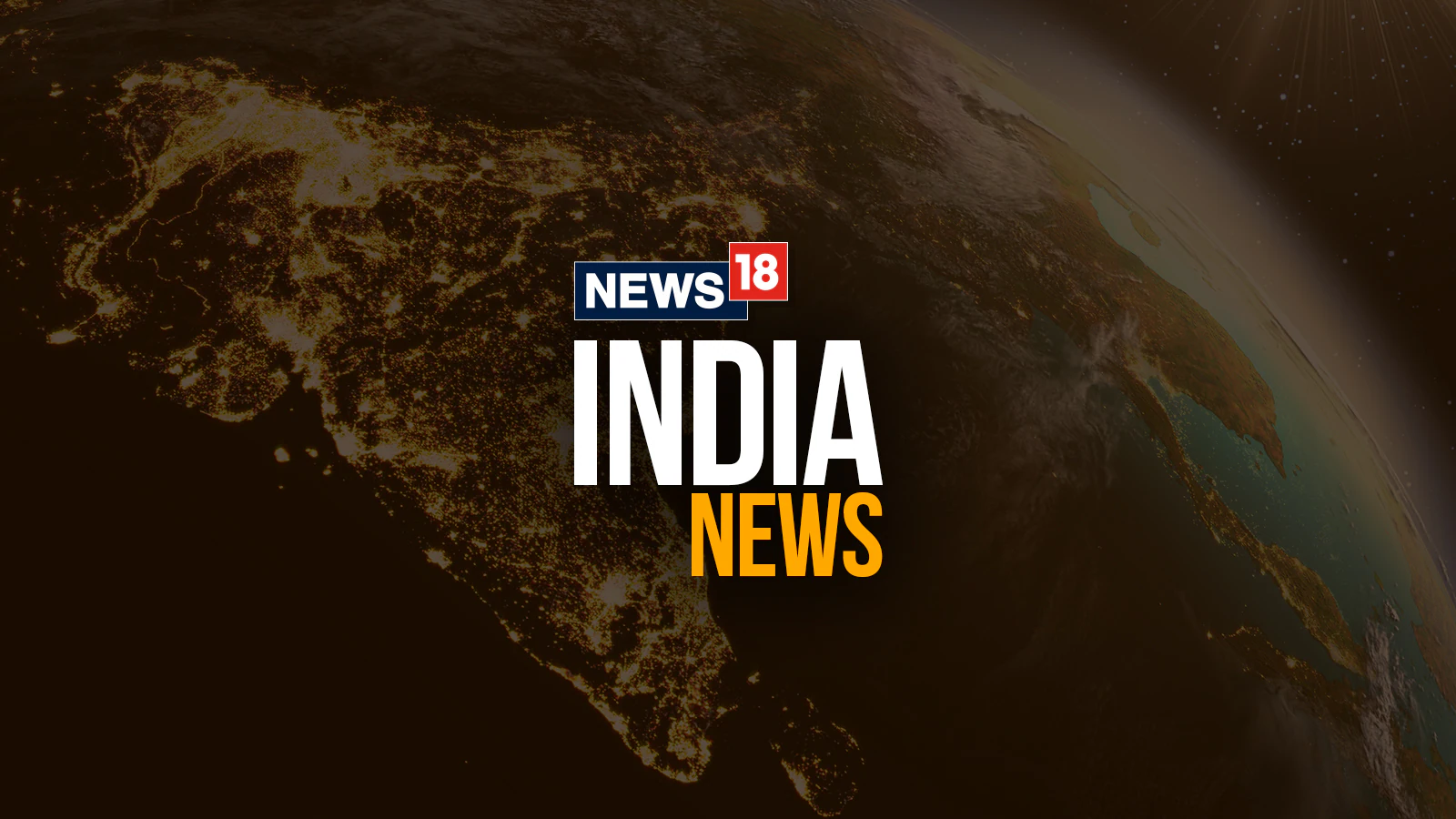Copyright forbes

By Leonard Armato When the U.S. Supreme Court struck down the federal prohibition on sports betting in 2018, many in the sports-business world thought we had reached a new era of transparency and legitimacy. The logic was straightforward: pushing gambling underground empowered criminal syndicates and by legalizing it, we bring it into the light and can regulate it effectively. It seemed so simple at the time. FBI Director Kash Patel (R) leads news conference to announce arrests tied to illegal sports betting and poker game schemes, in New York City on October 23, 2025. NBA coach Chauncey Billups of the Portland Trail Blazers and Miami Heat guard Terry Rozier were arrested on Thursday for alleged involvement in illegal gambling. Billups, a former Detroit Pistons star and member of the NBA Hall of Fame, was arrested in connection with rigged illegal poker games tied to the Mafia, FBI Director Kash Patel said. Rozier and a former NBA player, Damon Jones, were arrested in a sports betting case, Patel said at a press conference in New York. (Photo by ANGELA WEISS / AFP) (Photo by ANGELA WEISS/AFP via Getty Images) AFP via Getty Images However, seven years later the result is that we are continually inundated with advertising from the betting companies who hire our favorite celebrities and sports stars to convince us to place more bets. The gambling business has become the ultimate temptress, with sports leagues and media companies benefiting greatly from licensing fees and then combining to create a stream of steady advertising to lure the masses into this tangled web. Even ESPN, the worldwide leader in sports did a $1.5 billion dollar deal to license its name to a sports betting company and promote ESPN Bet across its entire platform? It does feel a little creepy. Also, such legalization has ushered in a new era of consequences, while unintended, should have been predictable. While the sports leagues are incentivized to support this gambling juggernaut because they receive a piece of every legal bet on their sport, the rise in gambling addiction and instances of corruption shake the very integrity of the game, not to mention adversely affect more lives. Don’t forget betting is vice, not just a revenue stream Gambling has always been classified as a “vice” for good reason. Simply put, it is an unhealthy, often addictive habit, that can ruin lives and lead to criminal activity. Legalization unlocked mass access and the proliferation of sports gambling advertising fueled increased demand. Mobile apps, one-tap bets, same-game parlays, in-play markets are tools that turn fandom into instant wagering. It has been reported that “as sports betting proliferates, incidence of gambling disorder rises.” MORE FOR YOU National estimates suggest about 1% of U.S. adults meet criteria for severe gambling disorder, and another 2-3% show signs of moderate harm. When millions more are betting, the instances of harm accelerates. Integrity at risk: why the NBA is particularly vulnerable We’ve seen this story before of gambling scandals in sports. In 1919 the heavily favored Chicago White Sox famously conspired to throw the World Series. Then there was the 1951 college basketball point-shaving rings and in the mid-2000s the NBA referee betting scandal. All happened before the rise of technology and the speed of information technology. The modern ecosystem allows for faster, deeper statistical information spawning more opportunities for betting and cheating that is more difficult to detect. Now the shoe has dropped as the NBA finds now finds itself in the cross hairs due to this latest scandal. The FBI has recently announced a series of indictments involving illegal card games, inside information used to place bets on NBA games, all of this involving current and former NBA players and coaches. The FBI has even tied one or more of those indicted to organized crime citing the crime families made famous long ago by the book The Godfather. All this seems out of a move and the public is calling for action. We are in a unique moment in time were immediate action is not only warranted but required. Leaders like Commissioner Adam Silver understand this. He helped bring the NBA into global prominence, media dominance and brand strength—and now he’s right person to lead on regulation. Having helped bring betting into the mainstream and because this integrity breach involves those associated with the NBA he’s been thrust into the spotlight to develop a solution that fortifies the integrity that built the league. Even though the NBA has been the financial beneficiary of this betting boom, Silver clearly understand that the NBA faces one of the greatest structural risks from these recent developments. The reason is that in basketball, the pace of play, minute-management and officiating matter enormously. When you add in-play prop markets—who takes the next shot, who gets the next rebound, gamblers are offered more micro-opportunities to tilt markets without “throwing a game.” And the volume of games makes increases even more gambling’s scalability. When the public begins to suspect outcomes are being influenced by money—not skill or effort—we risk eroding fan trust, which is the bedrock of every league’s value proposition. And one other interesting thing, micro betting takes away from true fandom. When people care more about winning micro moments they become more of a fan of the bet than a fan of the player or team. Why federal guardrails are no longer optional Regulating this industry state-by-state is like patching the dam while the flood comes. For a national league with global reach, national media, multi-state players and fans, the fragmented regulatory approach simply won’t suffice. While federal standards will likely be more comprehensive, regulations must include at a minimum: Limit the riskiest formats: In-play, micro-prop, same-game parlay bets correlate highest with addiction and integrity risk. Protect inside information flows: Injury updates, load-management, coaching changes, referee assignments—all can move odds and must be treated as material data with secure protocols. Treat this like insider trading I assume numerous other regulations will be adopted after gathering data fully considering all recommendations. The brand of the game depends on it In my years working with athlete brands and league media strategies, I’ve learned this: fandom is the most valuable currency to build and maintain. Fans fall in love with teams and players. They care deeply about whether their favorite players and teams win in a game of skill under rules that are fairly administrated. If fans don’t believe the best team wins and that outcomes are manipulated, there is grave risk that you shake the very core of that fandom. This is a crucial moment in sports history. It is time for quick decisive action that will not only benefit the the sports ecosystem but our culture as well. Adam Silver has called for federal regulation since 2014 and its time for him and other to press the federal government to address and regulated the gambling industry on a national level. Put strict guidelines on when you can bet and what you can bet on. Identify clearly what information amounts to “insider trading”. And perhaps there should be limitations on the relationship between sports leagues, media companies and the betting business. Yes there will still be illegal bets but there will be far less of it and our culture will be the better for it. Editorial StandardsReprints & Permissions



